Technology is one of South Korea's key export sectors, with semiconductors and rechargeable batteries also rising as global demand for artificial intelligence and electric vehicles booms.
Specifically, semiconductor exports in June reached 13.4 billion USD, up 50.9% year-on-year, marking the largest export growth on record.
With geopolitical tensions on the rise, South Korea is focusing on enhancing supply chain resilience to build a buffer against possible unexpected disruptions to global trade.
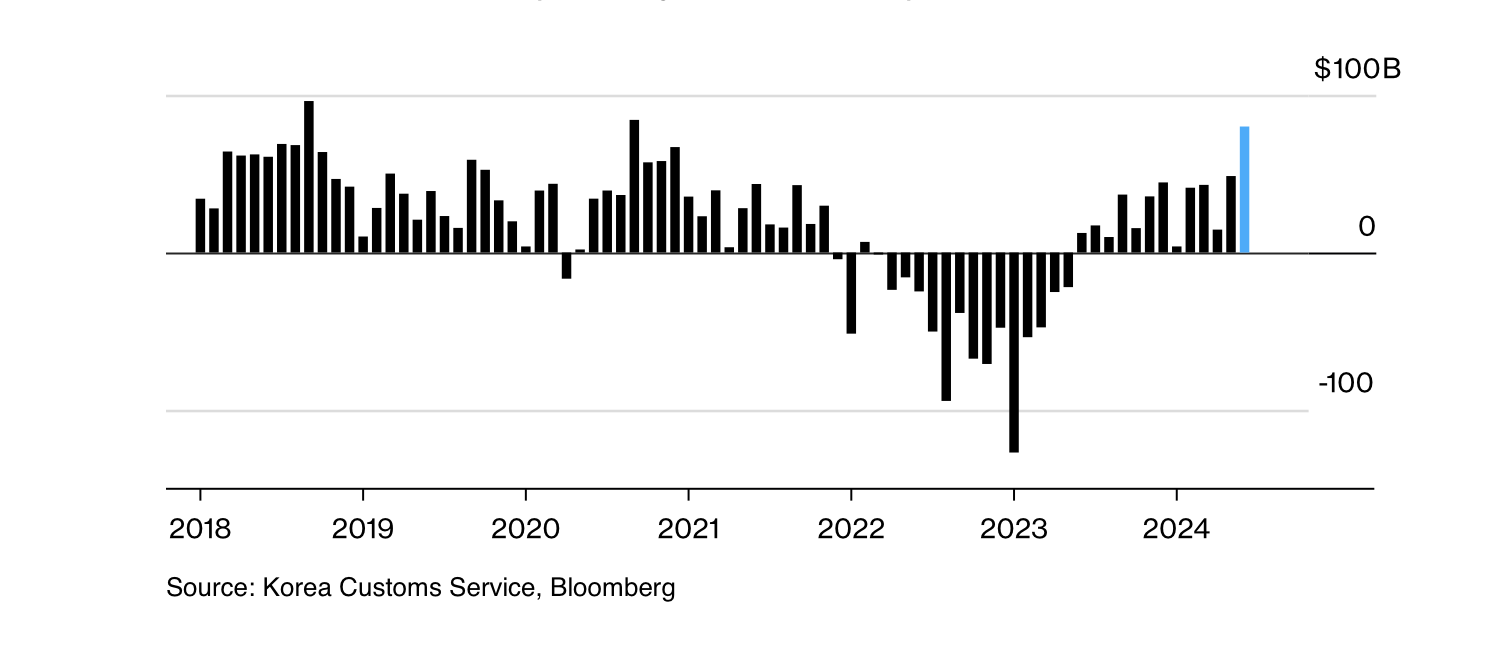
The government is encouraging exporters to diversify their sales routes. South Korean exporters are among the most dependent on the Chinese market at a time when the world’s second-largest economy is also trying to become self-sufficient in industry and technology.
Meanwhile, the strength of the US economy has benefited South Korean exporters, including Samsung Electronics, as US companies such as Nvidia have increased orders. In recent months, the US has surpassed China in demand for South Korean products, marking a turning point in Seoul’s trade relations with its two largest trading partners.
Although South Korea exports less to China, it has a “structurally high” dependence, making it difficult for Seoul to reduce its reliance on the mainland in its manufacturing supply chain, according to Citigroup economists Jin-Wook Kim and Jiuk Choi.
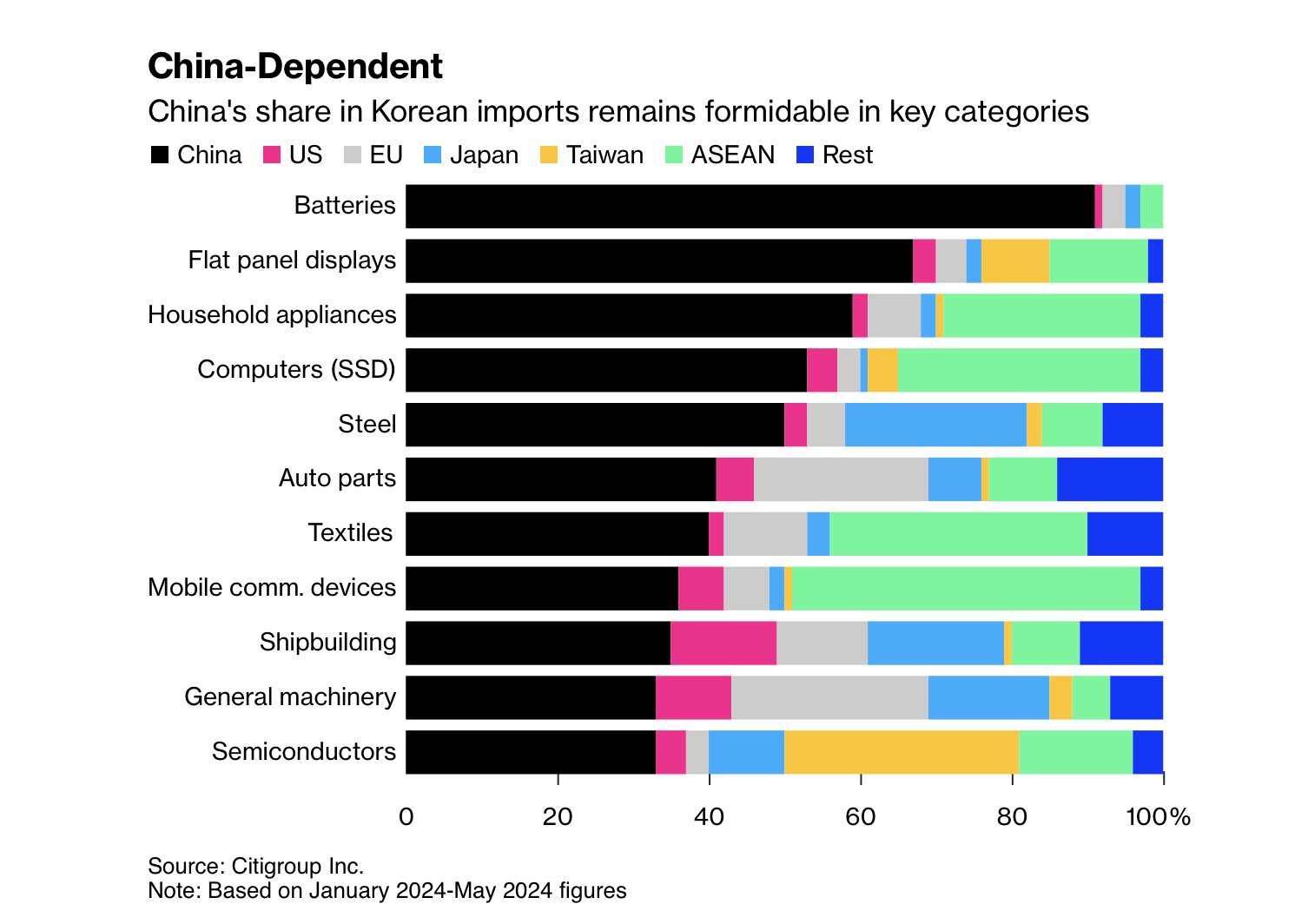
South Korean companies like SK Hynix still operate major factories in China, sourcing components from local suppliers, a concern for U.S. policymakers who want to curb the flow of advanced technology to their rivals.
Last week, the United States, Japan and South Korea convened a meeting in Washington where top industrial policymakers pledged to strengthen ties in supply chains and critical technologies, including semiconductors, critical minerals and cybersecurity.
SK Group also said it plans to raise 80 trillion won by 2026 to invest in AI and semiconductors as well as streamline more than 175 subsidiaries.
The South Korean giant outlined the plan after a two-day strategy meeting, aimed at reviving the group amid heavy losses at its electric vehicle battery unit.
SK Group said it seeks to improve competitiveness by focusing on the AI value chain, including high-bandwidth memory (HBM) chips, AI data centers and other services such as virtual assistant personalization.
“A fundamental change is necessary at this stage,” SK Group Chairman Chey Tae-won said. At the meeting, executives also agreed to gradually adjust the number of subsidiaries within the group to a “manageable range,” without specifying the scale of the reduction.
South Korea, home to the world's top memory chip makers such as Samsung Electronics and SK Hynix, has lagged behind some rivals in areas such as chip design and contract chip manufacturing.
Earlier this year, the government announced a 26 trillion won ($19 billion) support package for chip companies, citing the need to catch up in areas such as chip design and contract manufacturing amid an “all-out war” in the global semiconductor market.
(According to Bloomberg, Yahoo Finance)
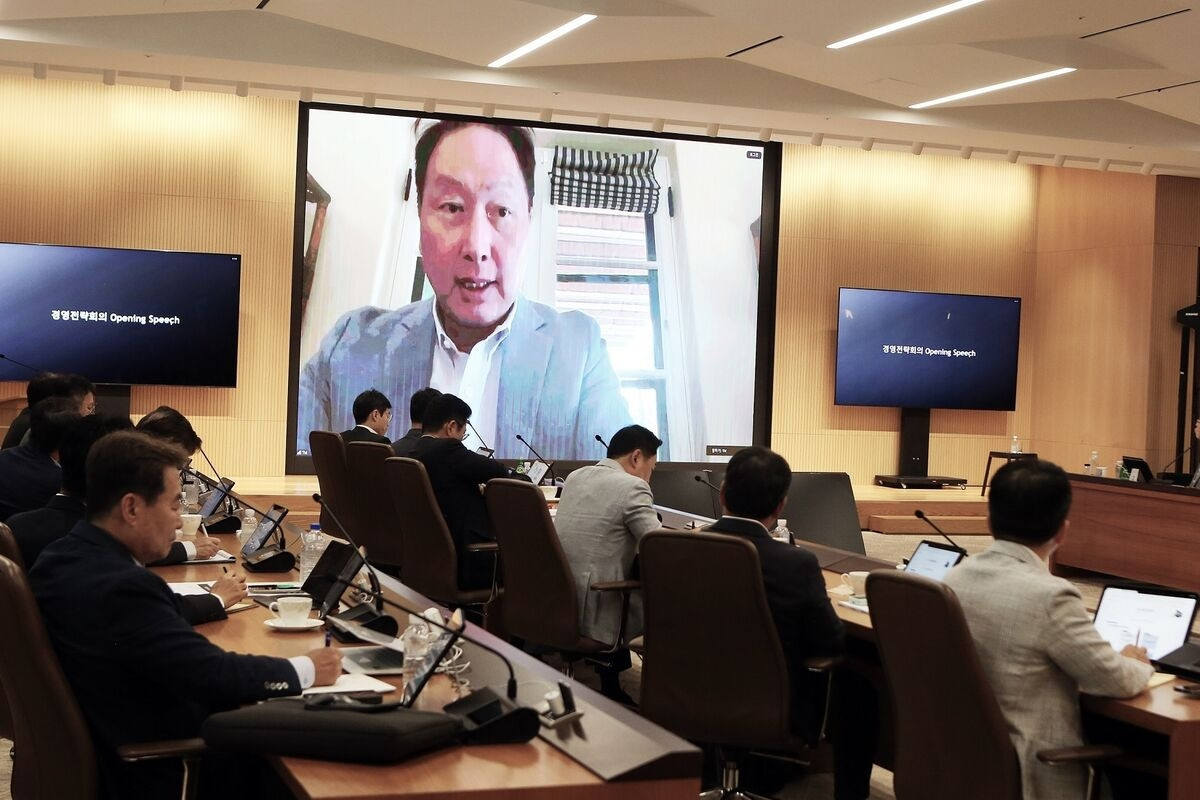
Source: https://vietnamnet.vn/xuat-khau-ban-dan-cua-han-quoc-tang-ky-luc-khi-nhu-cau-ai-va-xe-dien-bung-no-2297115.html



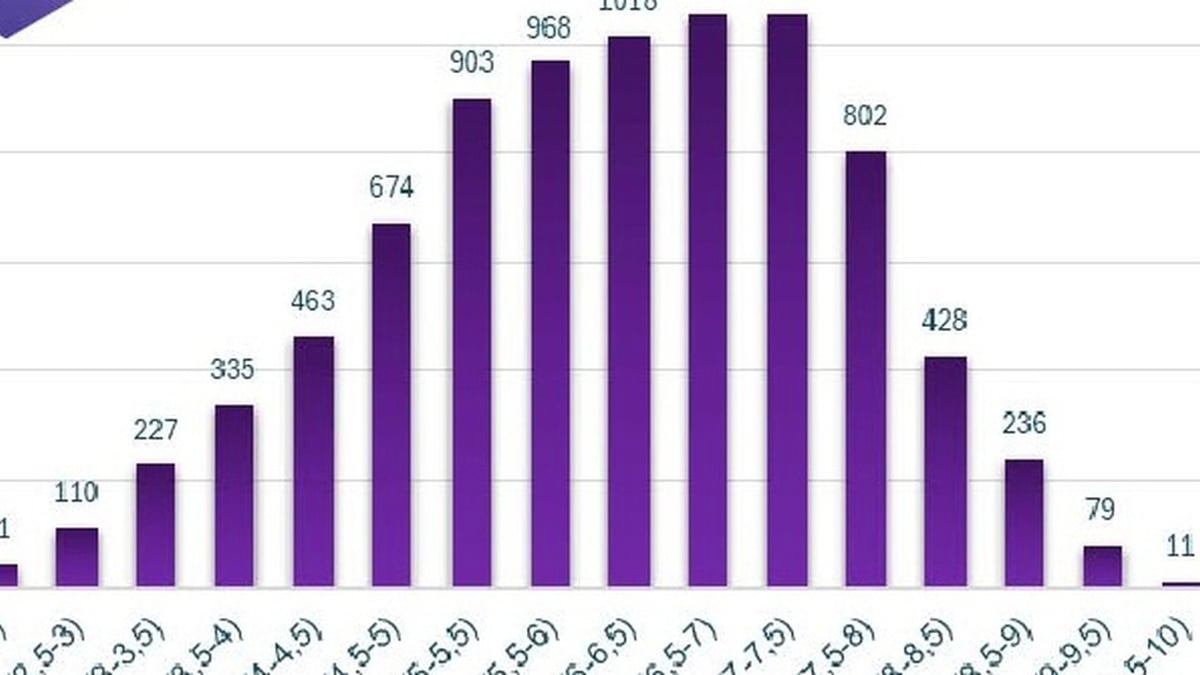
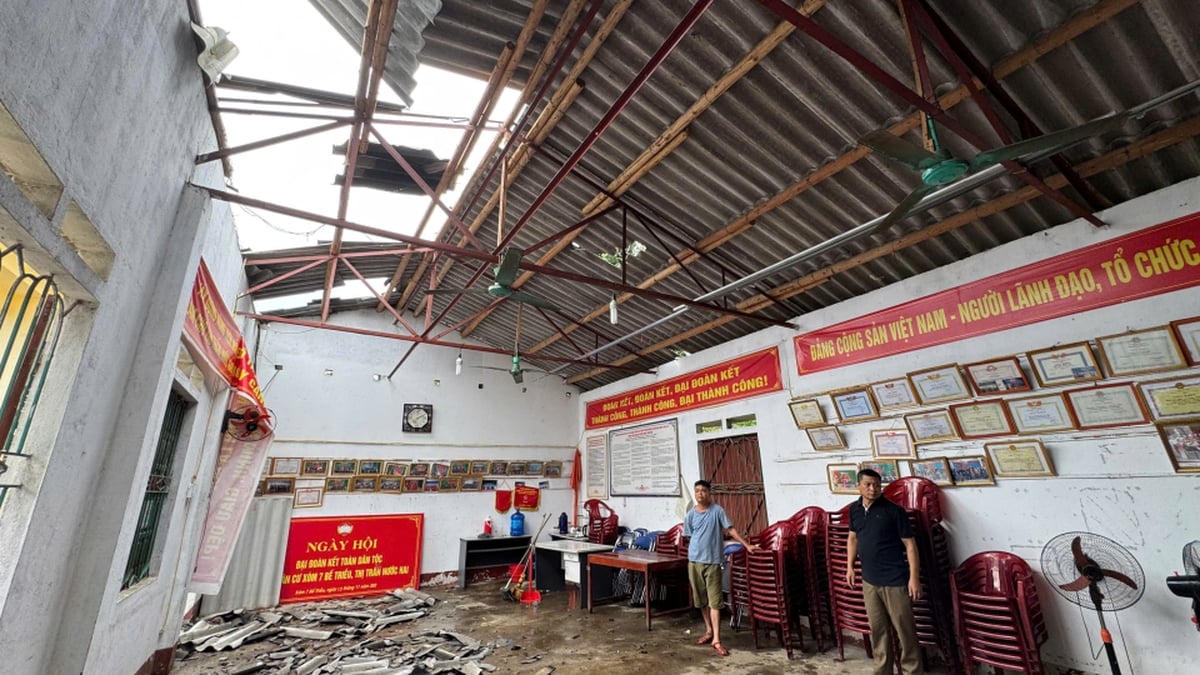
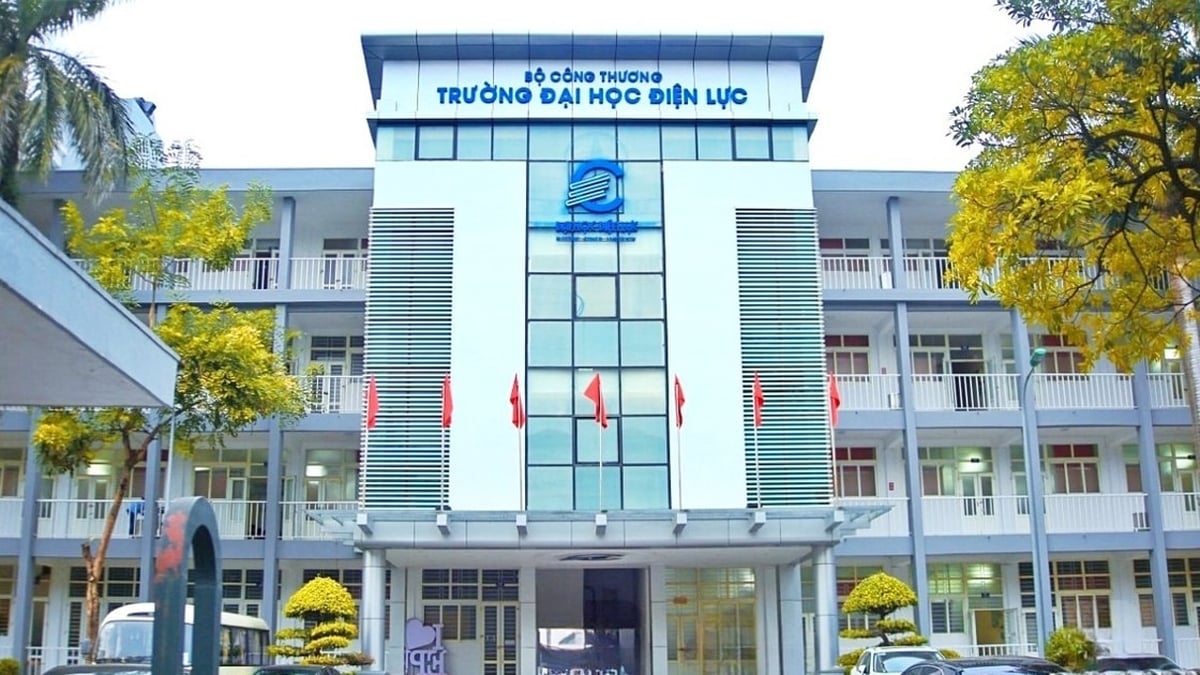

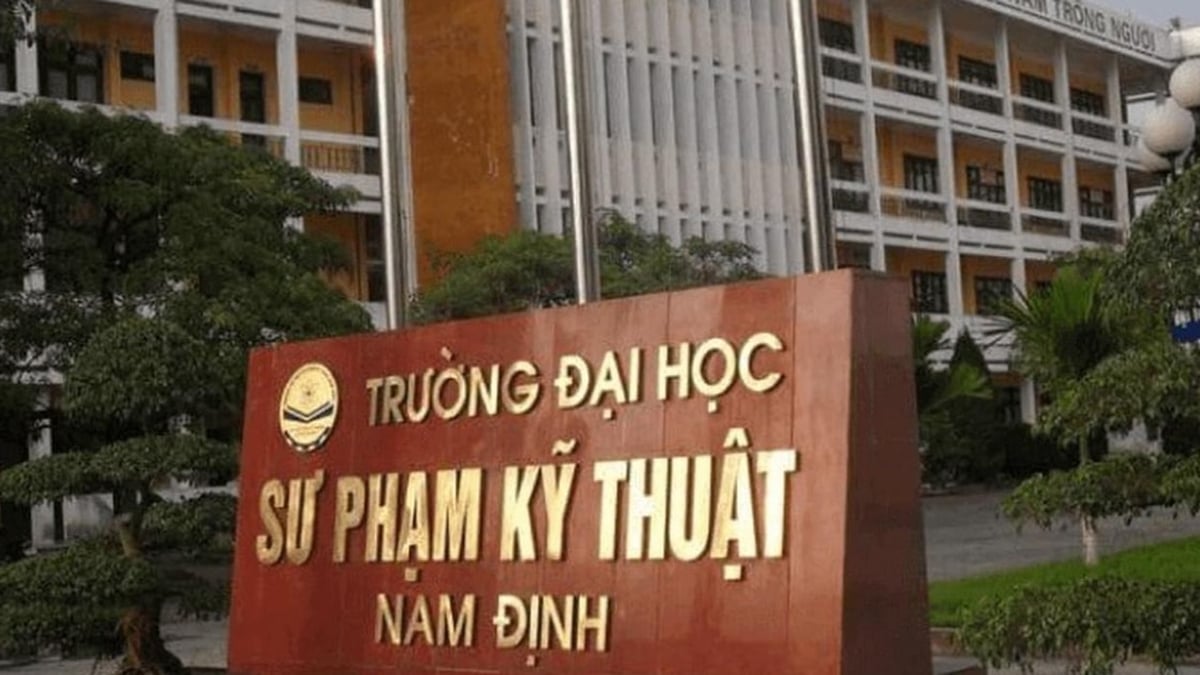
![[Video] The difference in scores between university admission groups will be announced soon](https://vphoto.vietnam.vn/thumb/1200x675/vietnam/resource/IMAGE/2025/7/19/16441946784f4c4b8b6987f8164b1a83)


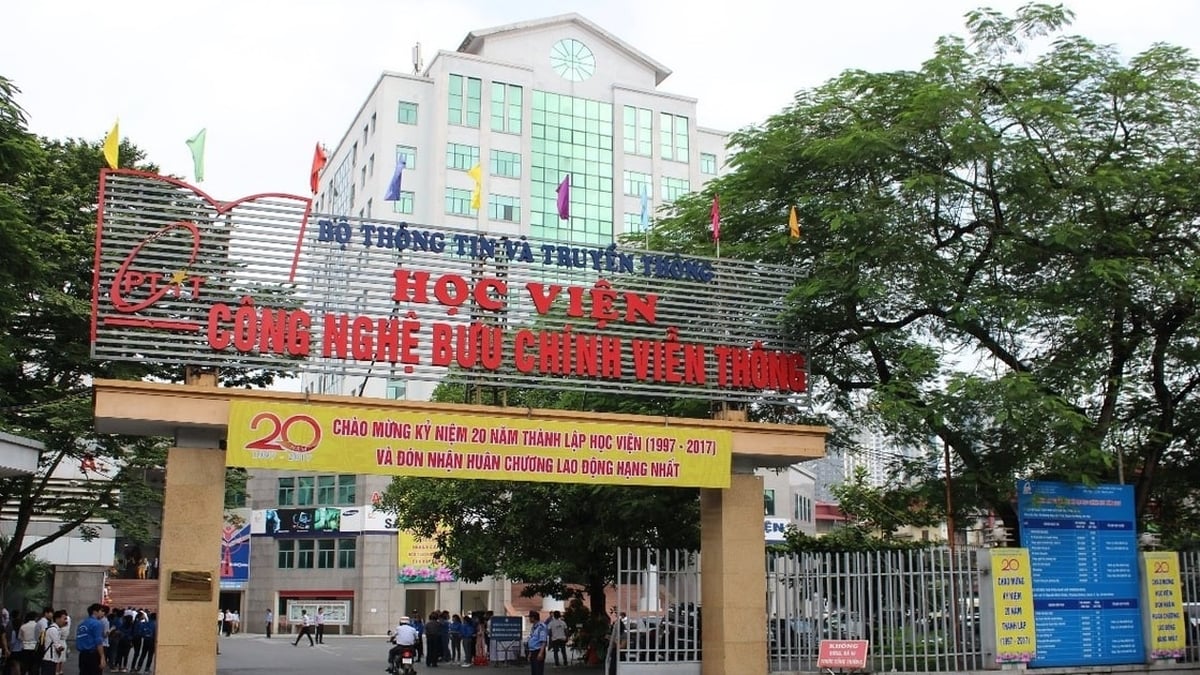





















































































Comment (0)